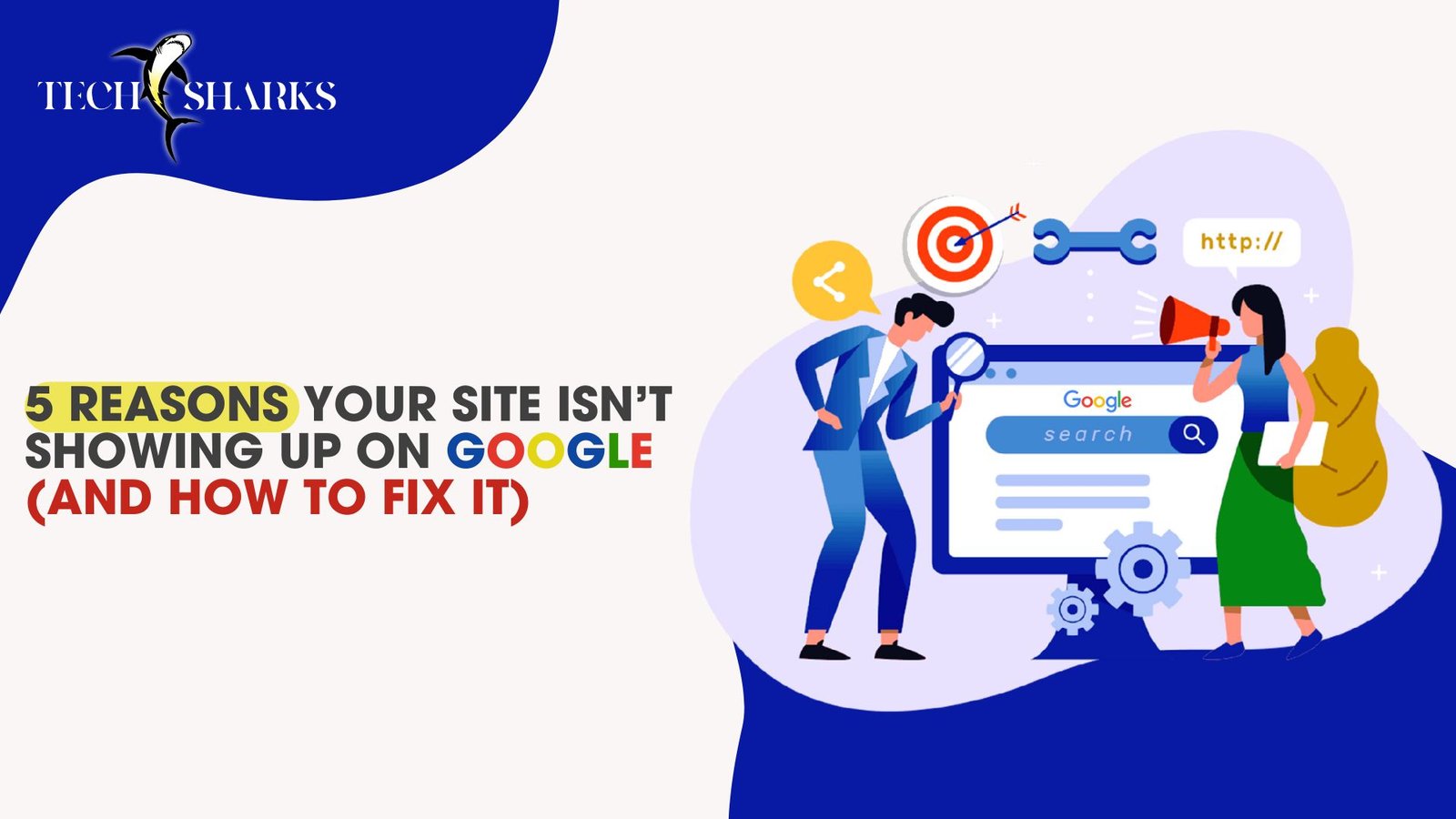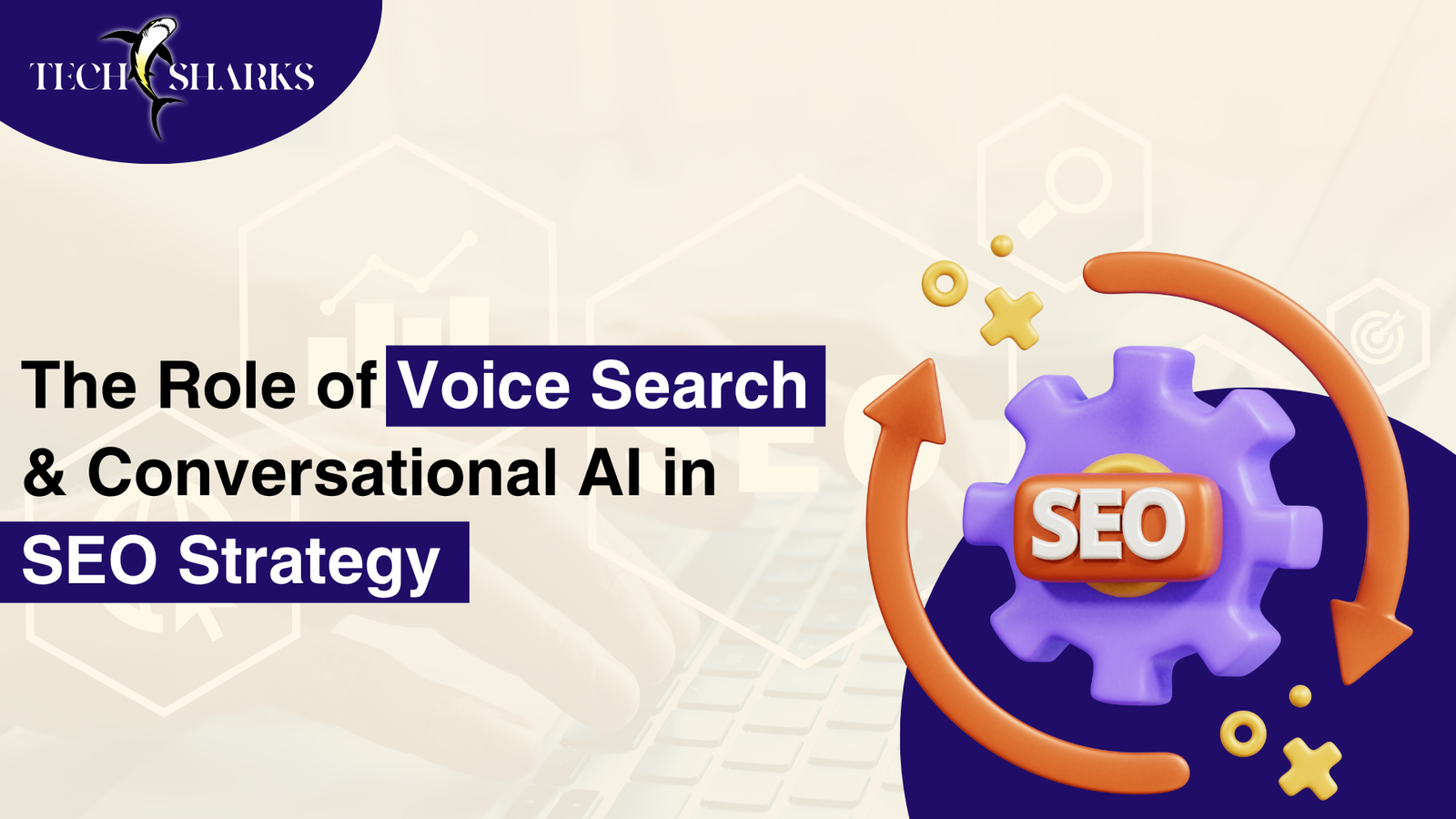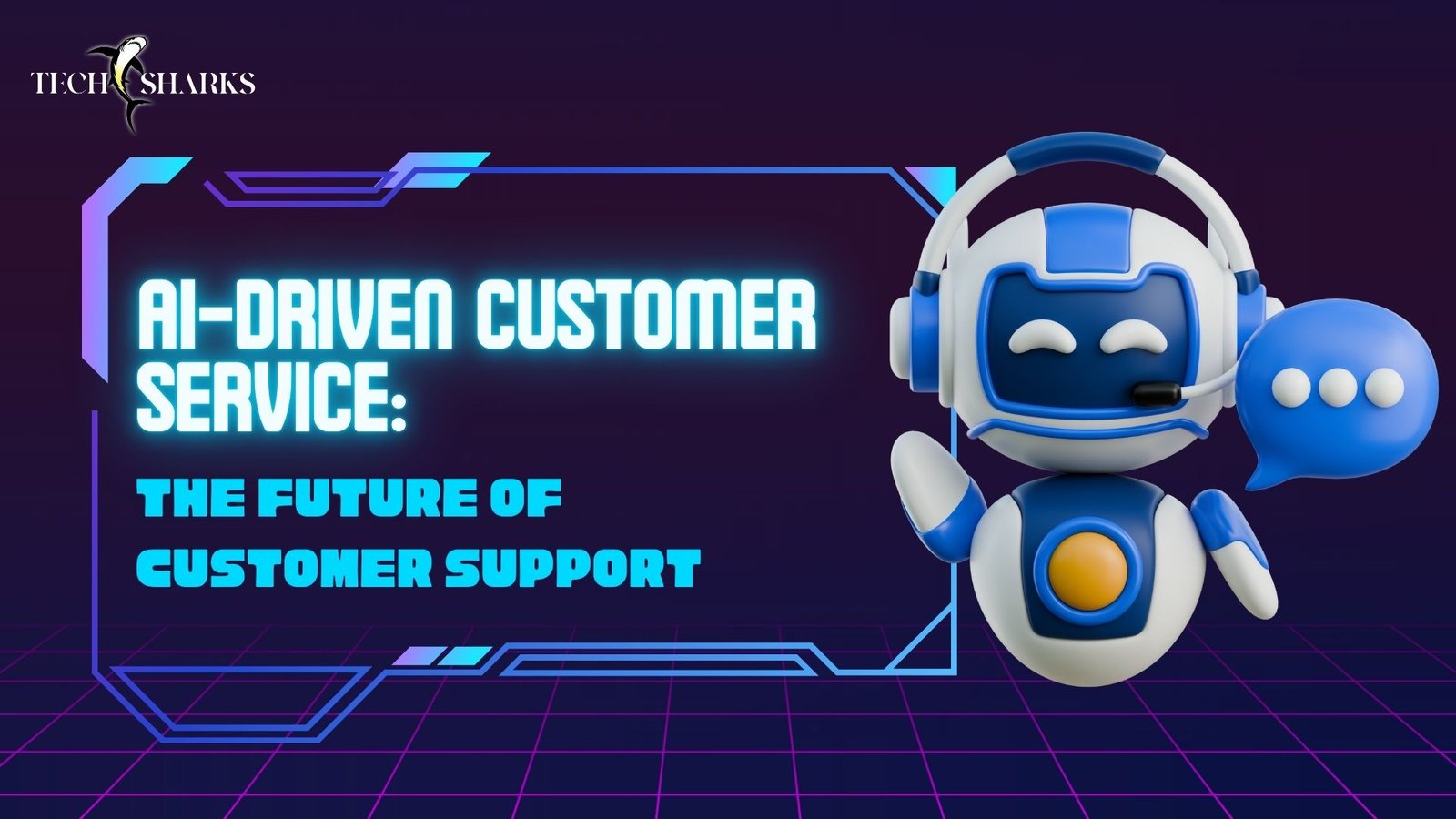The digital marketing landscape is evolving at an unprecedented pace, with artificial intelligence (AI) at the forefront of innovation. One of the most transformative applications of AI in marketing is AI-powered customer engagement, where intelligent agents automate and enhance interactions, delivering hyper-personalized experiences.
From AI chatbots handling customer inquiries to predictive analytics shaping marketing strategies, AI is redefining how brands connect with consumers. In this blog, we’ll explore how AI agents are revolutionizing online marketing, improving customer interactions, and driving business growth.
What Are AI Agents in Marketing?
AI agents are software-driven programs that leverage machine learning, natural language processing (NLP), and automation to assist businesses in engaging with customers. These agents can:
- Answer queries instantly via AI chatbots
- Provide personalized product recommendations
- Automate responses on social media
- Optimize email marketing campaigns
- Analyze customer data to enhance decision-making
By implementing AI-powered customer engagement, brands can ensure round-the-clock interactions, improve response times, and deliver a seamless customer experience.
How AI-Powered Customer Engagement Is Reshaping Marketing
1. Conversational AI & Chatbots
AI-powered chatbots are transforming customer support by providing instant, 24/7 assistance. Unlike traditional customer service, AI chatbots use NLP to understand and respond to queries in a human-like manner.
Example: E-commerce brands leverage AI chatbots to assist customers with order tracking, refunds, and FAQs without human intervention.
2. Predictive Analytics for Customer Insights
AI analyzes vast amounts of customer data to predict behaviors, preferences, and purchasing patterns. This enables brands to:
- Send personalized recommendations
- Optimize pricing strategies
- Forecast demand for products or services
Example: Netflix and Amazon use AI-driven insights to recommend content and products tailored to individual users.
3. Hyper-Personalization in Marketing Campaigns
AI enhances personalization by analyzing customer interactions, demographics, and past behaviors. This allows brands to create:
- Personalized email campaigns
- Customized website experiences
- Targeted ads that resonate with users
Example: AI-powered recommendation engines in online shopping platforms suggest products based on browsing history and purchase behavior.
4. AI-Powered Social Media Engagement
AI tools can:
- Automate social media responses
- Identify trends and customer sentiments
- Optimize ad targeting based on user behavior
Example: Brands use AI to monitor social media mentions, analyze audience sentiment, and tailor marketing messages accordingly.
5. Voice Search & AI Assistants in Marketing
With the rise of voice search, brands must optimize their content for AI-driven assistants like Alexa, Siri, and Google Assistant. AI-powered marketing strategies now include:
- Voice-optimized content creation
- Smart voice search SEO tactics
- AI-generated ad copies based on user queries
Example: Businesses optimize product descriptions to appear in voice search results, increasing visibility and conversions.
Benefits of AI-Powered Customer Engagement
- Enhanced Customer Support – AI chatbots provide real-time assistance, improving response times.
- Cost Efficiency – AI automates tasks, reducing the need for human resources in repetitive operations.
- Higher Conversions – Personalized AI-driven marketing increases customer engagement and sales.
- Data-Driven Decision Making – AI analyzes customer behavior, helping brands optimize marketing strategies.
- Improved Customer Retention – AI anticipates customer needs, fostering brand loyalty.
Challenges & Ethical Considerations
While AI in marketing offers numerous benefits, it also presents challenges:
- Data Privacy Concerns – Businesses must ensure compliance with GDPR and other data protection laws.
- Over-Automation Risks – Too much reliance on AI can make interactions feel impersonal.
- Bias in AI Algorithms – AI models must be trained with diverse data to avoid biased recommendations.
Brands should strike a balance between automation and human touch to ensure a seamless yet personalized experience.
The Future of AI-Powered Customer Engagement
As AI continues to evolve, the future of marketing will witness:
- Advanced Sentiment Analysis – AI understanding consumer emotions for deeper engagement.
- Metaverse & AI Integration – Virtual AI assistants enhancing customer experiences in digital spaces.
- AI-Powered Video Marketing – Personalized video content tailored to user preferences.
With AI-driven marketing solutions becoming more sophisticated, businesses that adopt AI-powered customer engagement will stay ahead of the competition.
Conclusion
AI agents are not just transforming marketing—they’re setting the foundation for the future of customer engagement. With AI-powered customer engagement, businesses can create highly personalized, efficient, and engaging experiences that drive customer satisfaction and loyalty.
Is your brand ready for the AI revolution? Leverage AI agents to elevate your marketing strategy and unlock new growth opportunities today!




